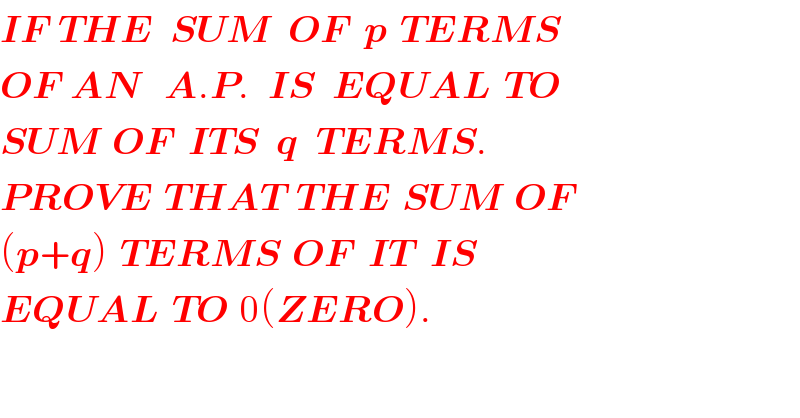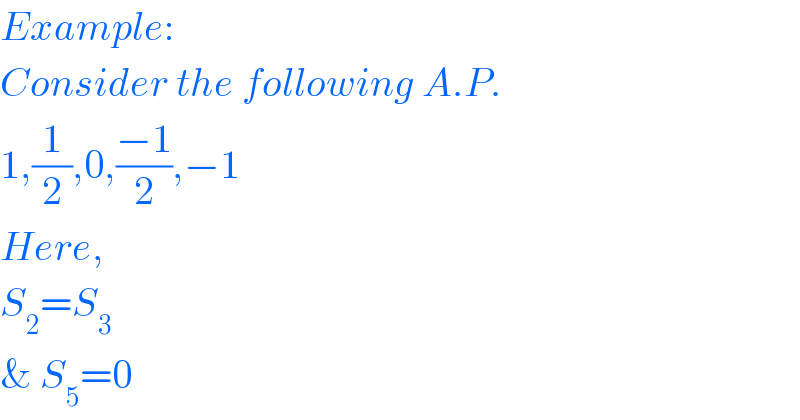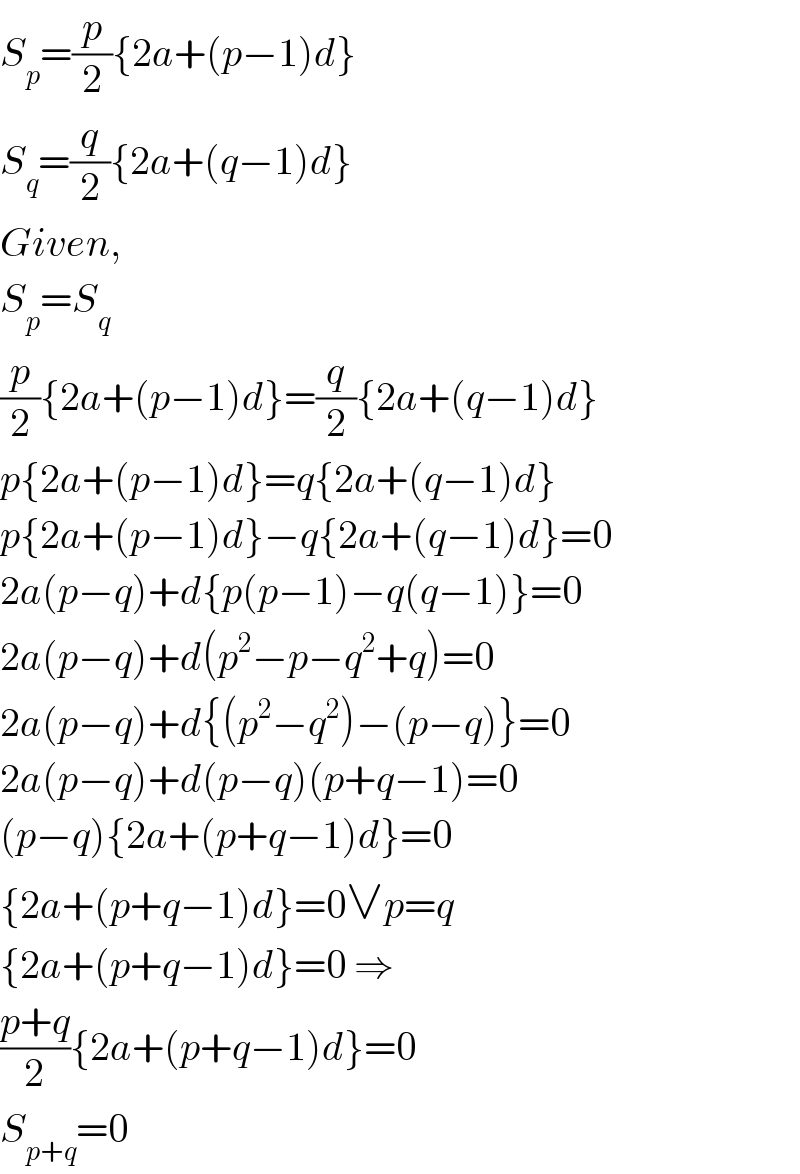Question Number 80159 by Mr. AR last updated on 31/Jan/20

Commented by mr W last updated on 31/Jan/20

Commented by Rio Michael last updated on 31/Jan/20

Commented by $@ty@m123 last updated on 31/Jan/20

Commented by mr W last updated on 01/Feb/20

Answered by $@ty@m123 last updated on 31/Jan/20

